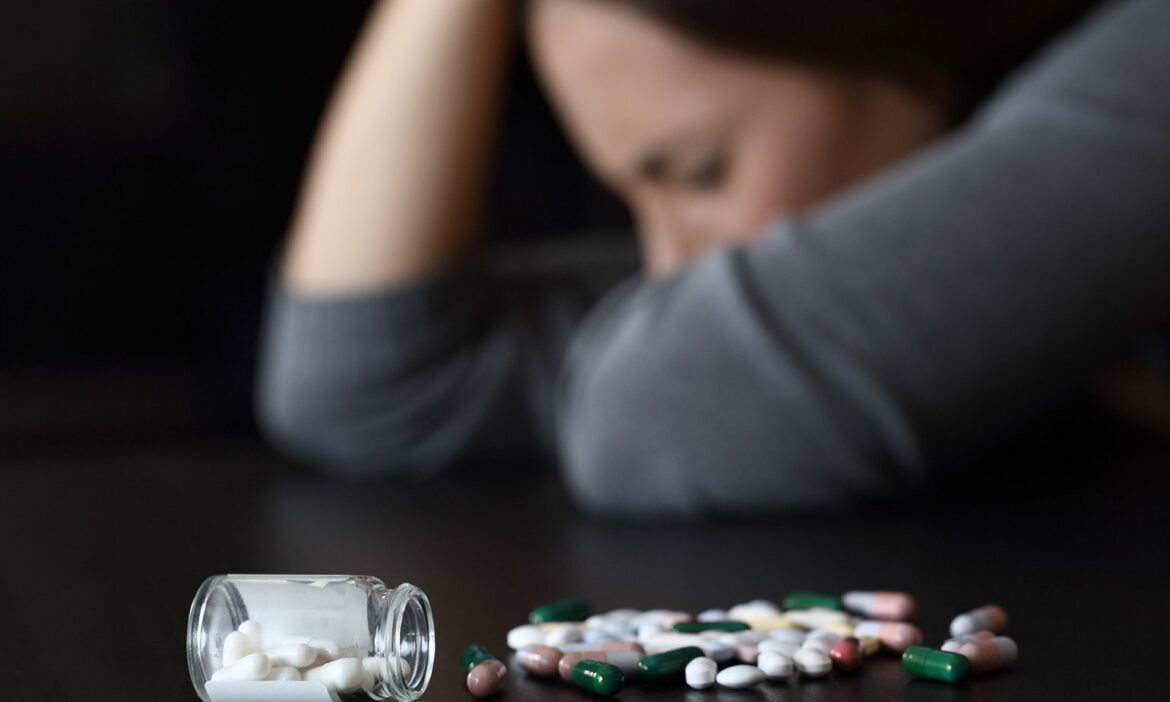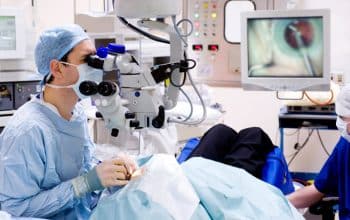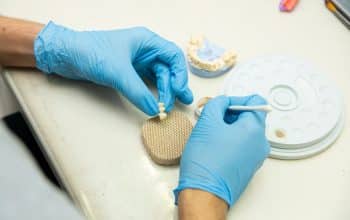SELECT THE WORDS & LEVEL
Drug and alcohol addiction is a challenging road for the afflicted person. Severe addiction takes over your life, affecting the people around you. The hardest part about drugs is the long-term effects on your body for chronic users. Your appearance, health, and natural body chemistry slowly start to decline the more you push drugs and alcohol into your body.
There are different forms of drug recovery treatment suitable for you or your loved one. Understanding where your drug habits align will guide you toward the most effective treatment for recovery and a healthy lifestyle. An official assessment from a professional will point you in the right direction to fight drug addiction.
Read more about the various drug recovery programs to find the right one for you or your loved one.
Outpatient Addiction Treatment
Outpatient involves a series of appointments or a one-time diagnosis. The patient is not admitted into a facility, but they undergo medication-facilitated treatment with supplemental drugs to help them gradually wean off the addiction. Heroin and opioid users benefit from treatments like suboxone which contains methadone and buprenorphine ingredients to stimulate the effects of the drug without the addictive features.
Due to codependency and addictive habits, these drug treatments mustn’t create another drug dependency in the user. If you are looking for rehabilitation or drug recovery efforts for your opioid drug addiction, consult with your medical provider about the effects of suboxone or something similar to help your situation. With the right support system and a qualified professional, you are one decision away from changing your life.
Short-Term Residential Treatment Drug Recovery
Short-term residential treatment is also known as rebab or in-patient treatment. Short-term methods consist of brief yet treatment-concentrated programs. These programs typically involve a step-by-step approach to addiction that the user adheres to on a weekly to monthly basis. Residential programs differ in their duration of treatment.
They range from 30 days to even months where the user admits themselves and participates in a series of holistic rehabilitating techniques. These methods include counseling, medication treatment, and education to sustain lasting changes for their dependency. Residential programs are effective because they produce dramatic life-changing results if the user is determined to change.
Long-Term Residential Treatment
Long-Term Residential Treatment is suitable for users with chronic dependency in a monitored environment. Drug withdrawal is a severe condition that may cause users to hurt themselves, worsen their dependence, or result in death. For severe cases, long-term residential treatment works by admitting the patient between 6 months to a year.
Drug recovery treatment ranges from activities, counseling services, medicative measures, and support groups to help patients integrate new behavioral habits into their lives. Many organizations offer after-care services and employment help for patients upon program completion.
Detoxification
Detox is offered via hospitals, clinical settings, or rehabilitation centers. Detox is essential for individuals who chronically drink alcohol to the state of intoxication. Many people believe that alcohol is not a drug, but it is an addictive substance that causes corrosive effects on your liver and bodily systems. The detox process involves reducing alcohol intake till the essence is no longer in the user’s body.
Users should not try to detox alone or cold turkey due to withdrawals, which may result in death. Detoxing in a controlled and professional environment is the best course of action to ensure your loved one’s safety.
Drug Recovery Counseling
Counseling offers effective measures and therapeutic techniques for users to talk about their addiction and its origination. Counseling creates a structured and safe environment for the patient to develop coping strategies and resources to prevent drug use and maintain sobriety.
Therapy allows the user to work through their mental traumas, depression, anger management, and more. Having family support may also reinforce the safe environment the user seeks to get better and continue drug abstinence.
Seek Out Professional Services For Your Drug Dependency Today
Addiction is challenging but with the right people supporting you change is possible. There are many forms of drug addiction treatment suitable for you or your loved one’s circumstances. Whether short-term, detox, or group counseling, these treatment services cater to any preference. Get in touch with a drug recovery clinic or rehabilitation center and speak with a professional.




